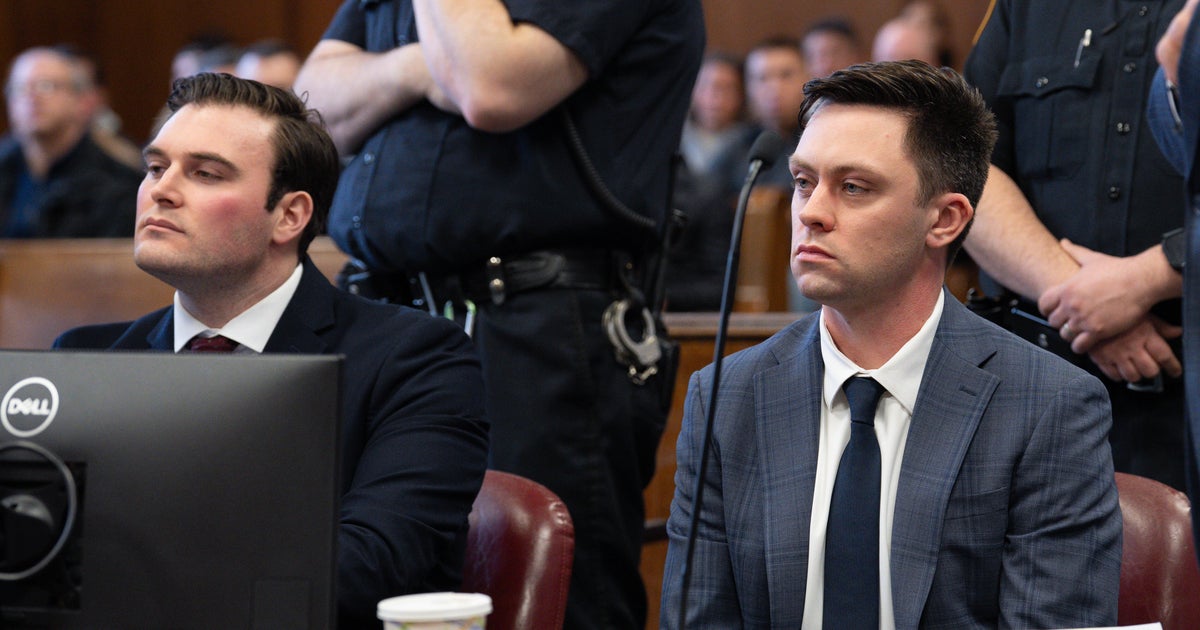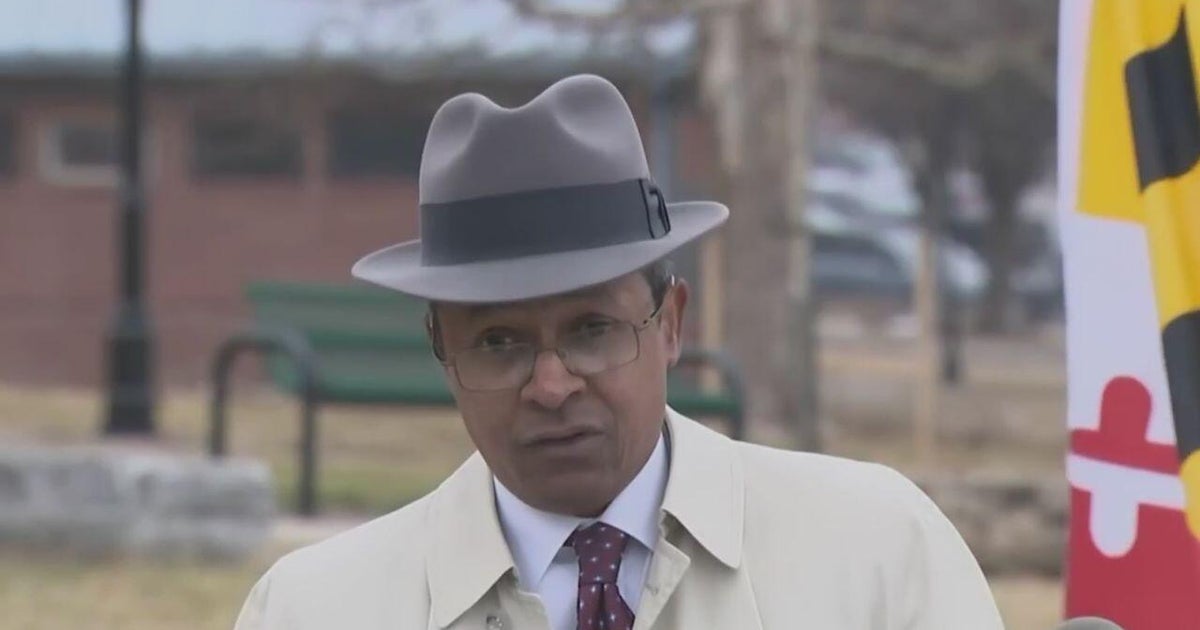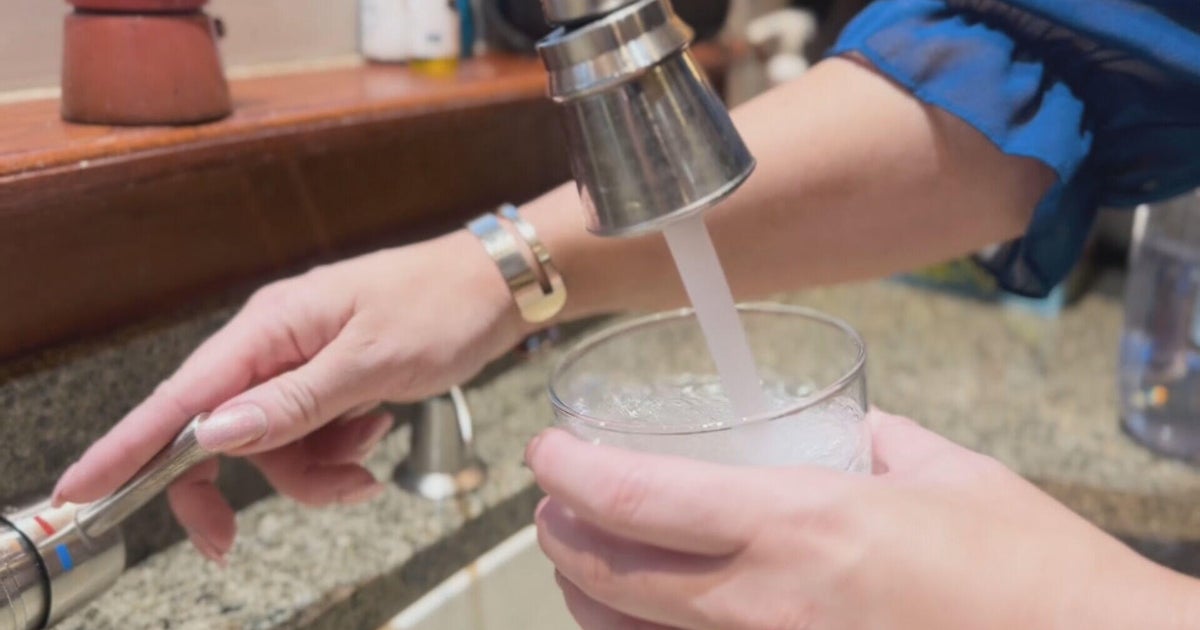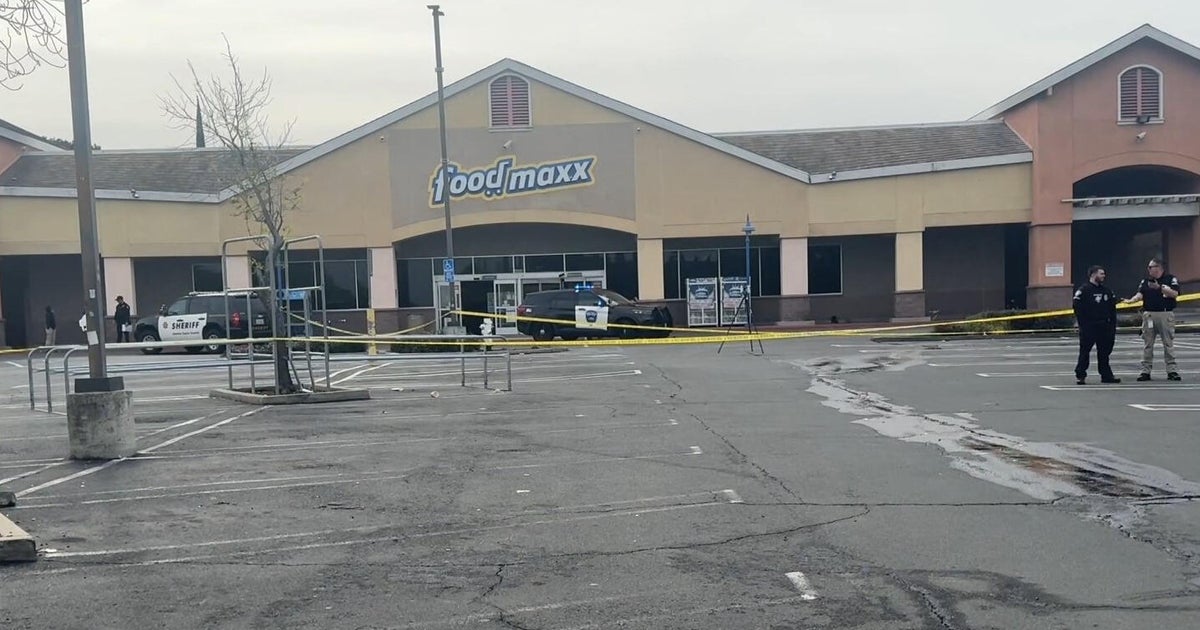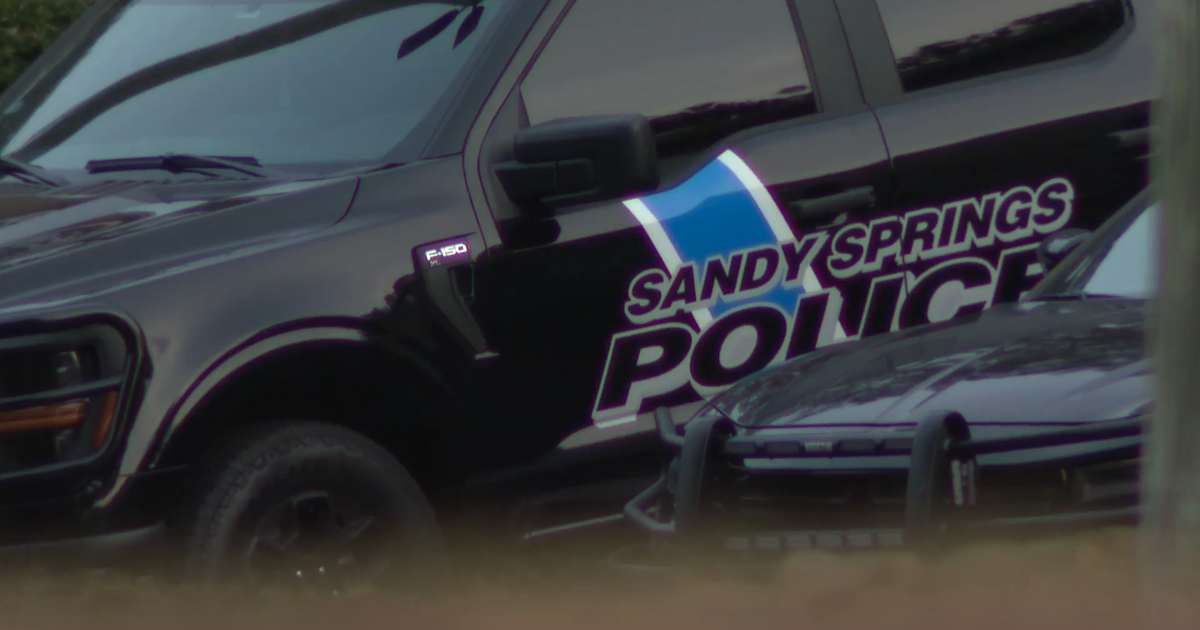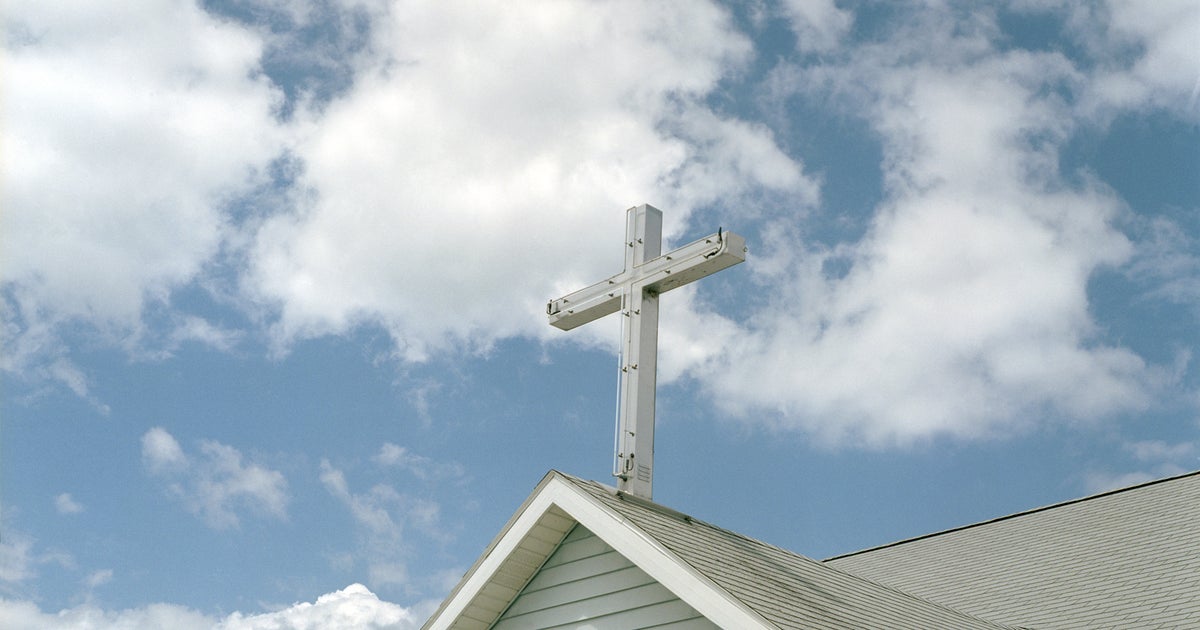Maryland advocates want ignition interlocks required for drunk drivers
BALTIMORE -- Noah's Law requires convicted drunk drivers to get ignition interlocks on their cars.
Now, advocates, like Mothers Against Drunk Driving, are pushing to close some of the loopholes in Noah's law.
They say these loopholes allow repeat offenders to slip through the cracks.
"I had to bury my 12-year-old son because we were hit by a drunk driver and drinking and driving is something that's so very preventable," Vickie Brown said.
In May 2004, Brown and her family were on their way home from watching a movie when a drunk driver hit their car going 125 miles per hour, killing her 12-year-old son Darius Brown.
"He was loving," Brown said. "He was kind. He was compassionate. He was giving."
On Wednesday, Brown testified before Maryland lawmakers in support of a bill to mandate the use of ignition interlocks for DUI offenders who receive probation before judgment.
"The drunk driver that hit us, it wasn't his first time that he was drinking and driving," Brown said. "It was just the first time he got caught, and he happened to kill a 12-year-old boy."
SB 528 will close a loophole in Noah's Law.
Noah's Law passed in 2016 in honor of Montgomery County Police Officer Noah Leotta, who died after he was hit by a drunk driver while on duty.
The law requires the installation of an ignition breathalyzer interlock for people who are convicted of drunk driving.
But an interlock is not required if a judge grants probation before judgment, even if someone pleads guilty to drunk driving.
"We want this interlock to be installed with PBJs (probation before judgment) your first time, and not your second, third or fourth time but your first time," Brown said.
SB 528 would expand the use of ignition interlocks by mandating the use of this technology for DUI offenders who receive probation before judgment.
"If you're on the road, and you're driving drunk, and you get arrested, you should get an ignition interlock installed because it's going to save your life, and it's going to save the lives of those on Maryland roads," Chris Swonger, of Distilled Spirits Industry, said.
Brown hopes that by closing the loophole, Noah's Law can do what it originally intended: prevent repeat offenders and ultimately save lives.
"Our hope is that no parent, no father, no sister, no brother, no friend has to go through what we're going through because it is something that is so very preventable," Brown said.
If it passes, then the bill will go into effect on Oct. 1.

